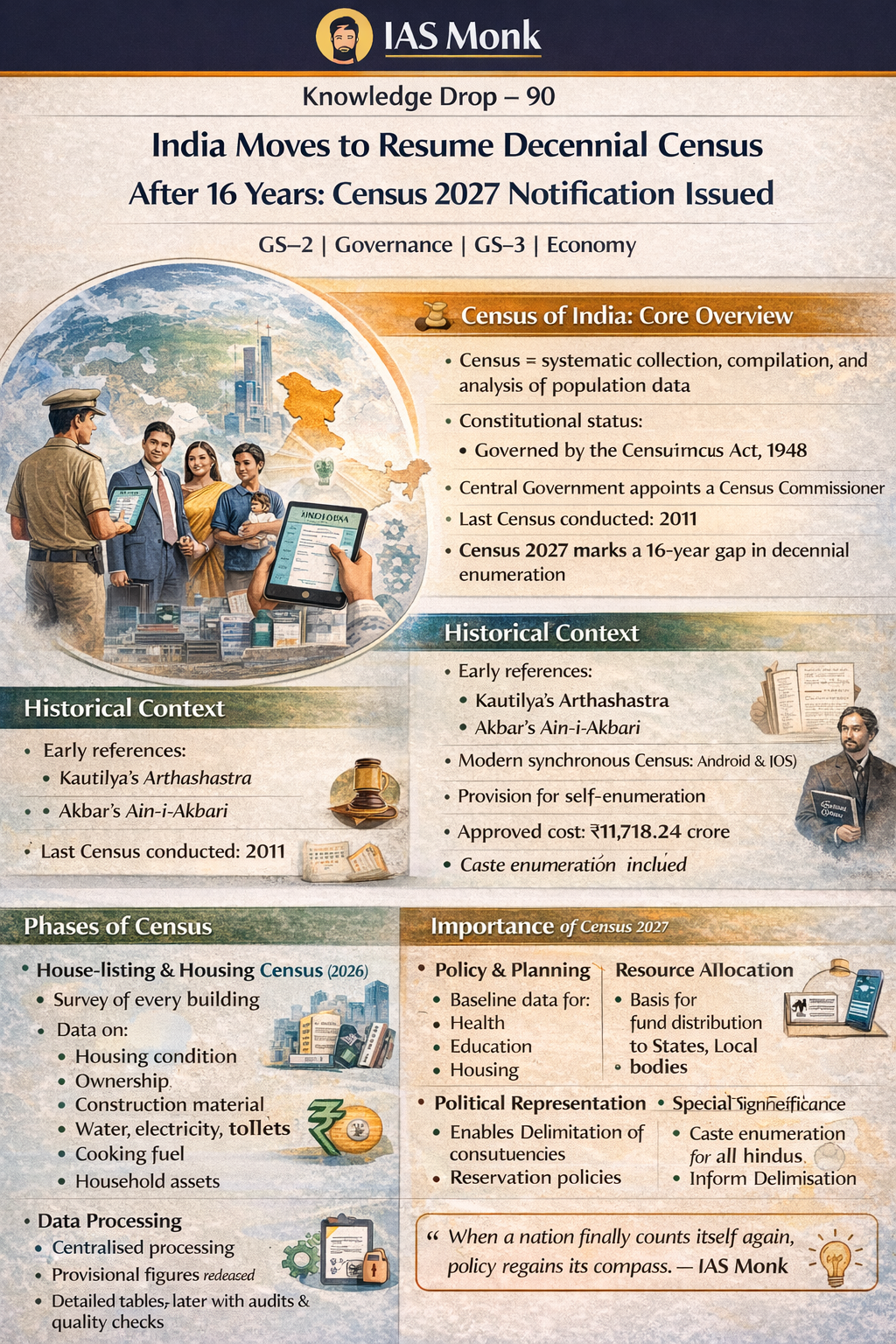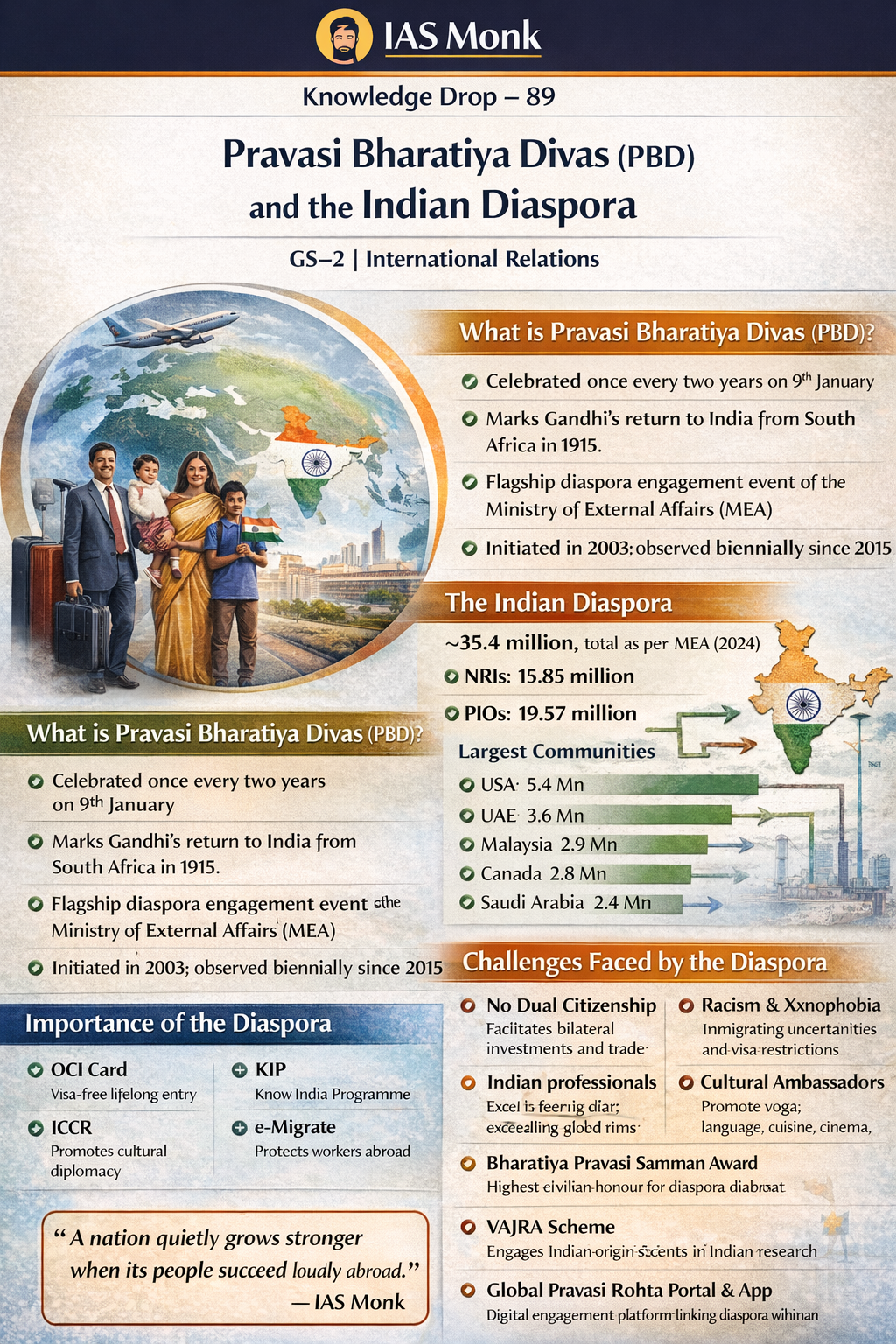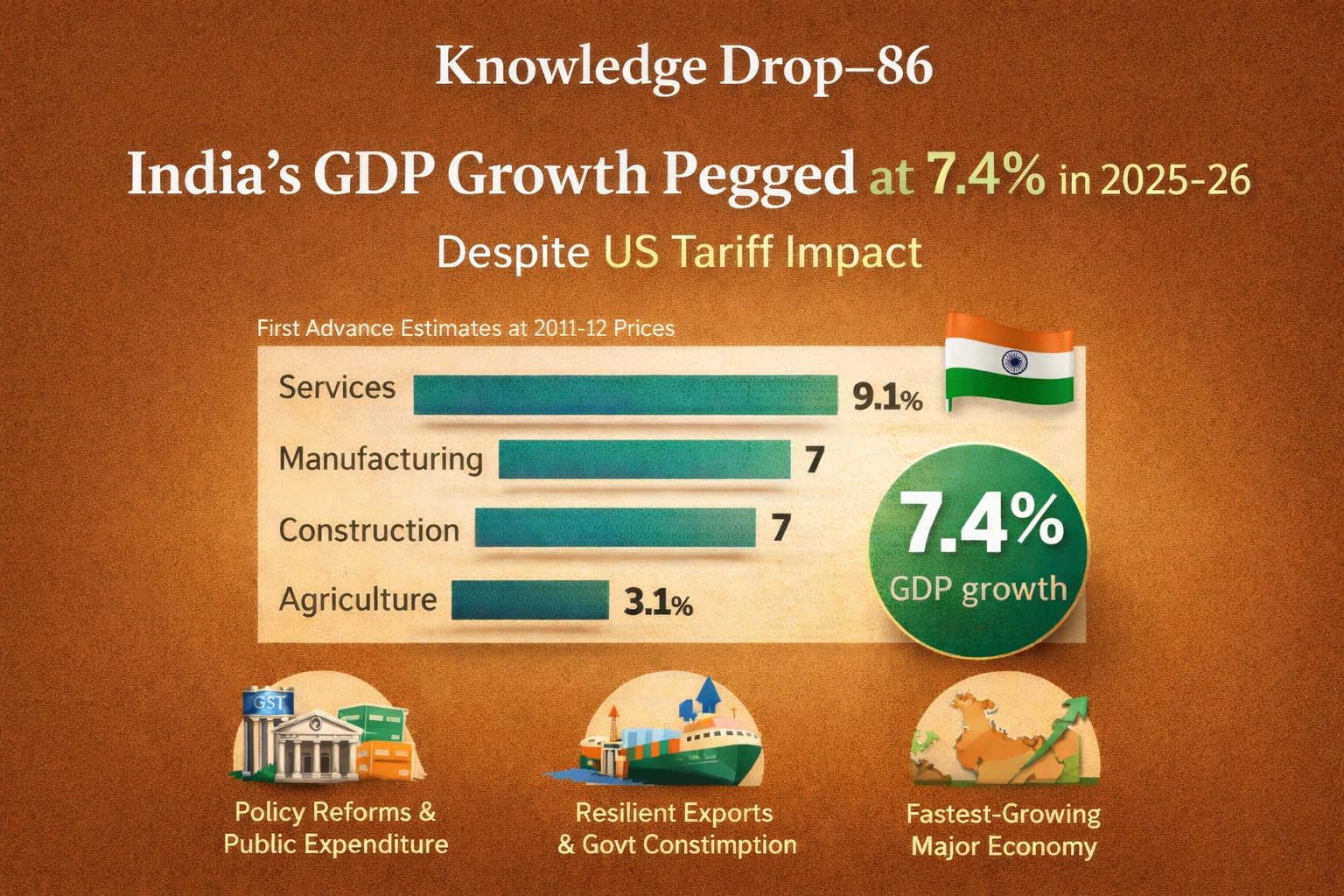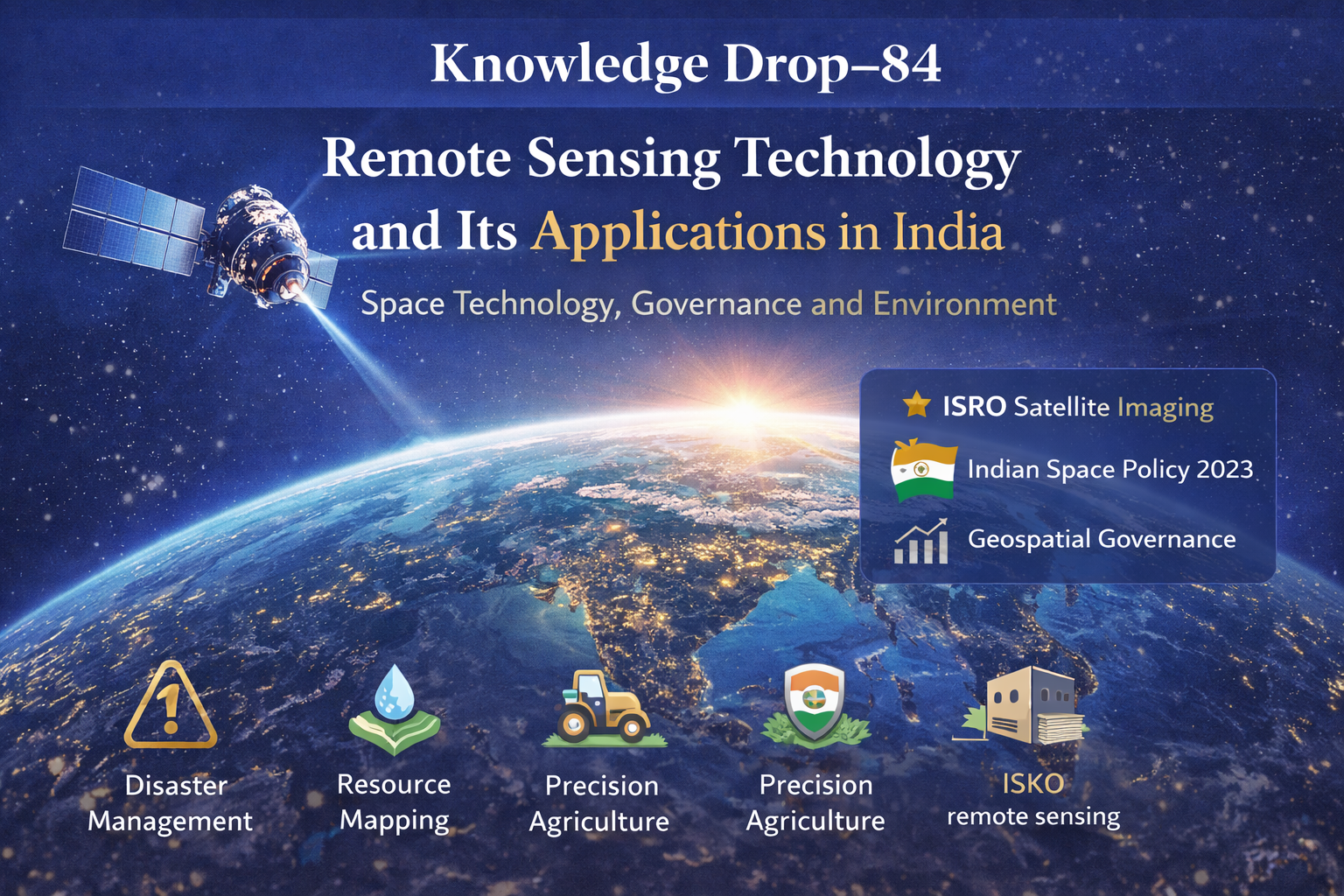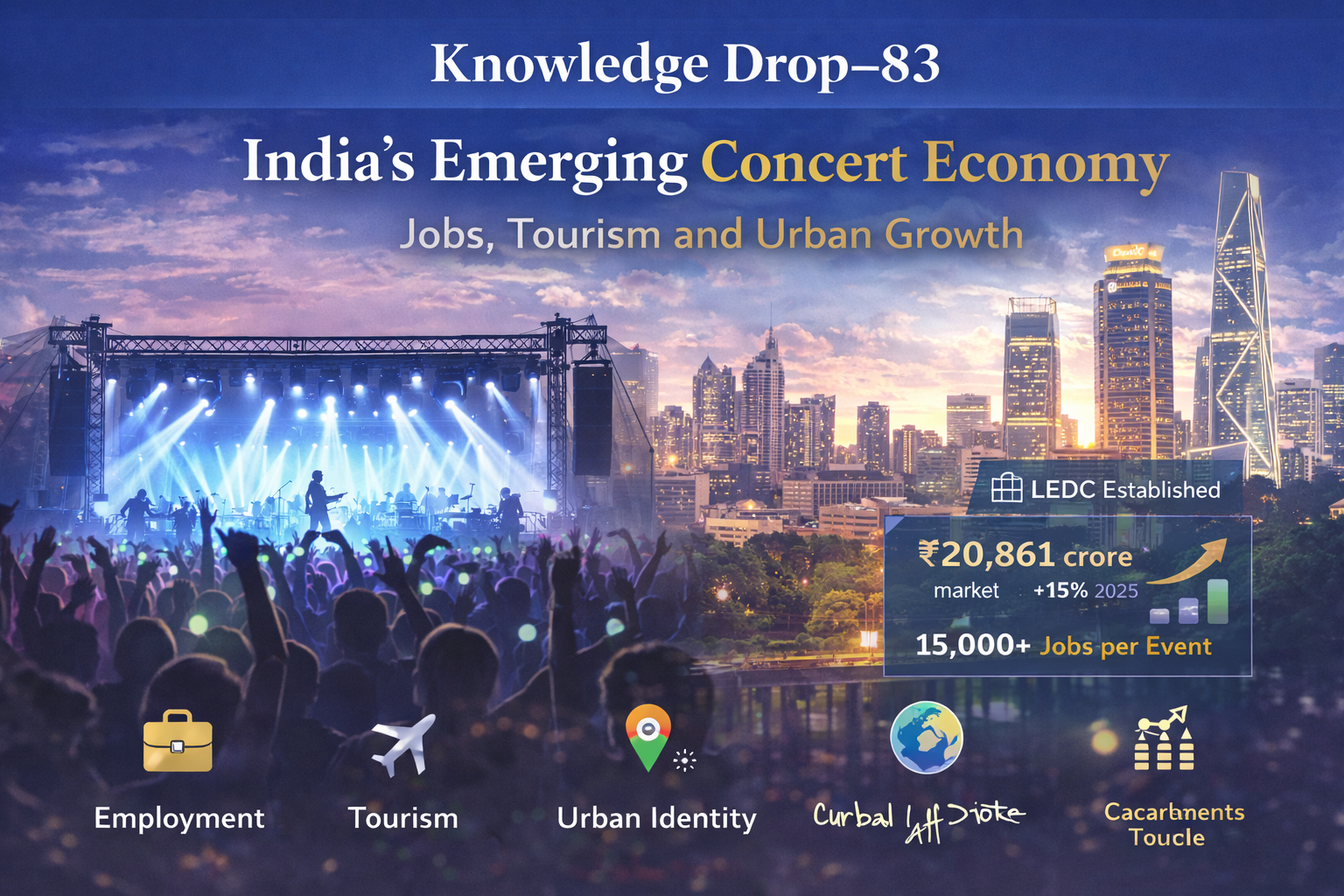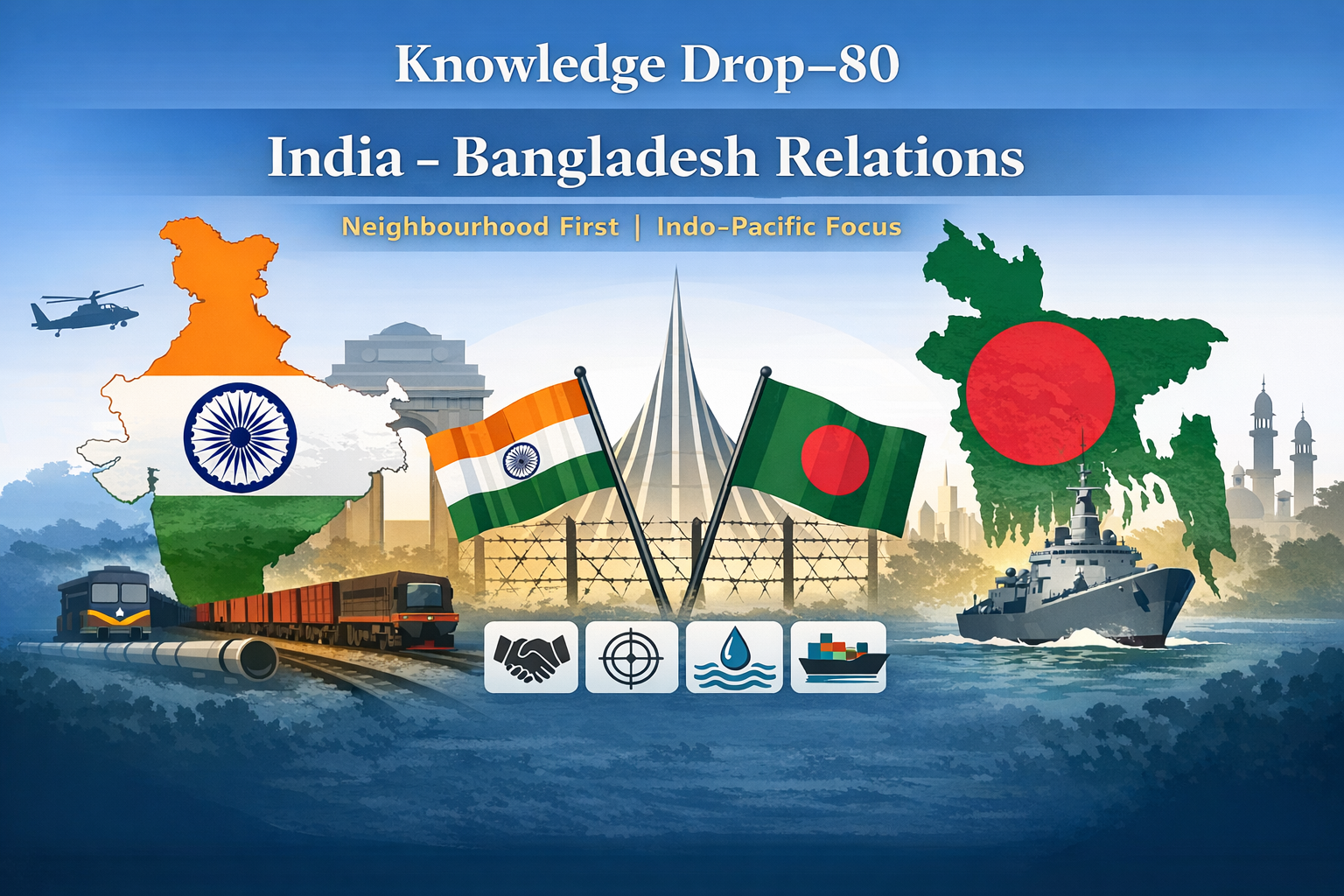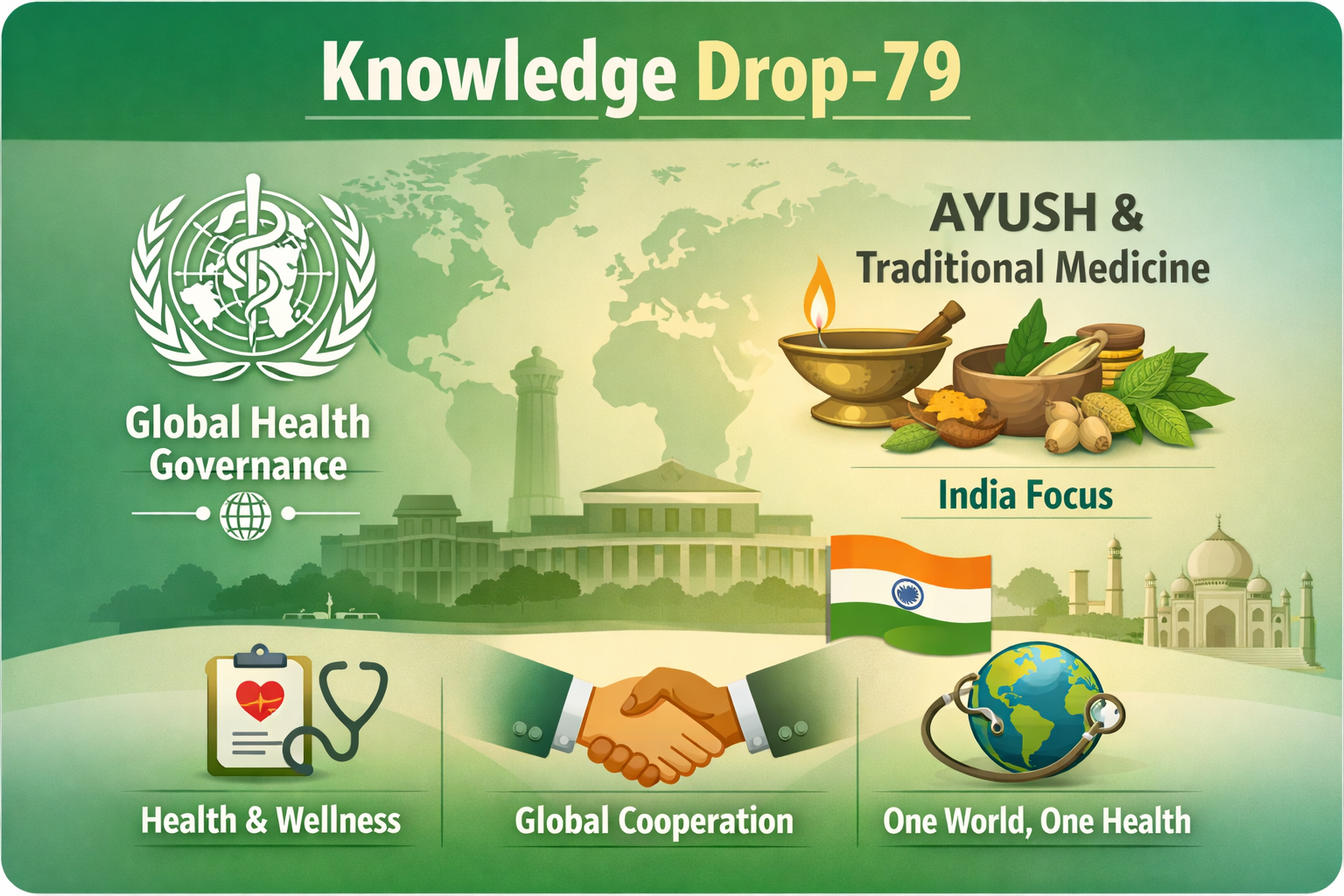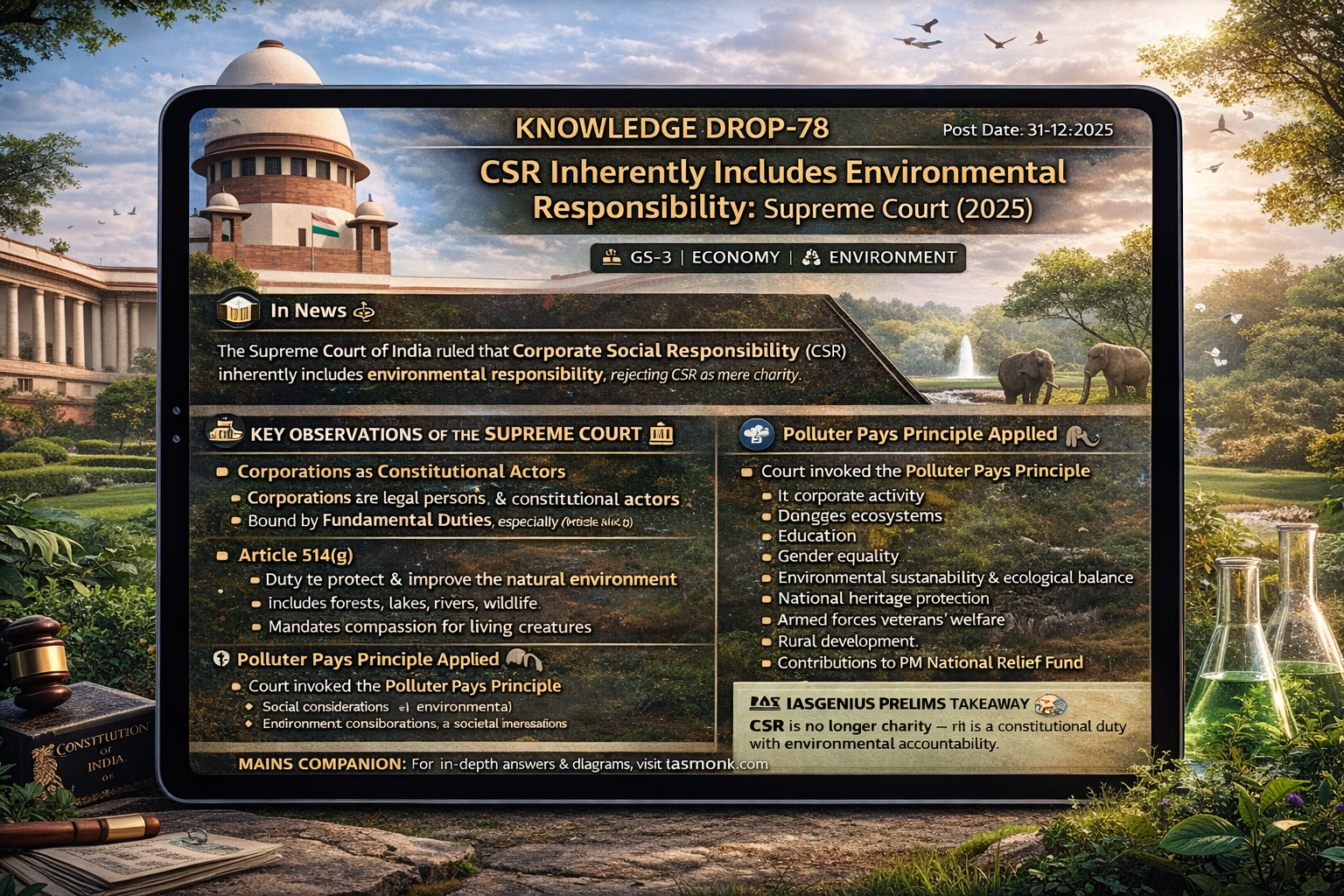76.
Tribal Affairs & Demographics
Koraga Tribe Faces Alarming Population Decline and Social Marginalisation
🌿 The Koraga tribe, classified as a Particularly Vulnerable Tribal Group (PVTG), is witnessing a worrying decline in its population — dropping from 20,000 two decades ago to just 16,000 today. Projections suggest the number may fall further to 12,000 if present trends continue.
📉 Current Demographics and Challenges
- Declining birth rates and high infant mortality are the major causes.
- Malnutrition, poor healthcare, and limited education access worsen the situation.
- Historical marginalisation and constitutional right violations continue to affect their well-being.
⚠️ Despite constitutional protections, the Koragas are still subjected to discriminatory customs like ajalu — a dehumanising practice outlawed but not fully eradicated.
📜 Constitutional Rights & Social Discrimination
- Article 17 of the Indian Constitution abolishes untouchability.
- However, Koragas continue to face social exclusion in public spaces and rituals.
- Political leaders have demanded:
- Compensation for historical injustices
- Full implementation of pro-tribal welfare laws
🏛️ Government Interventions
| Initiative | Details |
|---|---|
| 🍲 Nutritional Aid | Kerala Govt. initiated schemes to distribute nutritious food to tribal households. |
| 🏡 Land Distribution | In 2024, 530 Koraga families were granted land in Kasaragod district. |
| 📚 Ongoing Demands | The community continues to advocate for more education, healthcare, and employment support. |
🎋 Cultural Identity & Livelihood
- Koragas are agrarian, supplementing income through basket-weaving, drumming, and ritual performances.
- They follow a matrilineal family system with clan divisions known as bali.
- Drumming (Dholu) and music are central to their rituals — believed to ward off evil and preserve spiritual harmony.
🛕 Religion and Beliefs
- While identifying as Hindus, the Koragas maintain unique tribal religious traditions.
- They worship Bhutas (spirits) and rely on rituals, music, and folk beliefs to navigate the spiritual realm.
- Magic and folklore form a vital part of their worldview.
🔎 Conclusion
The Koraga tribe stands at a cultural and demographic crossroads. Without targeted interventions, protection of rights, and community empowerment, their decline may accelerate. Celebrating their culture and ensuring their dignity is not just a policy issue — it’s a moral imperative.

